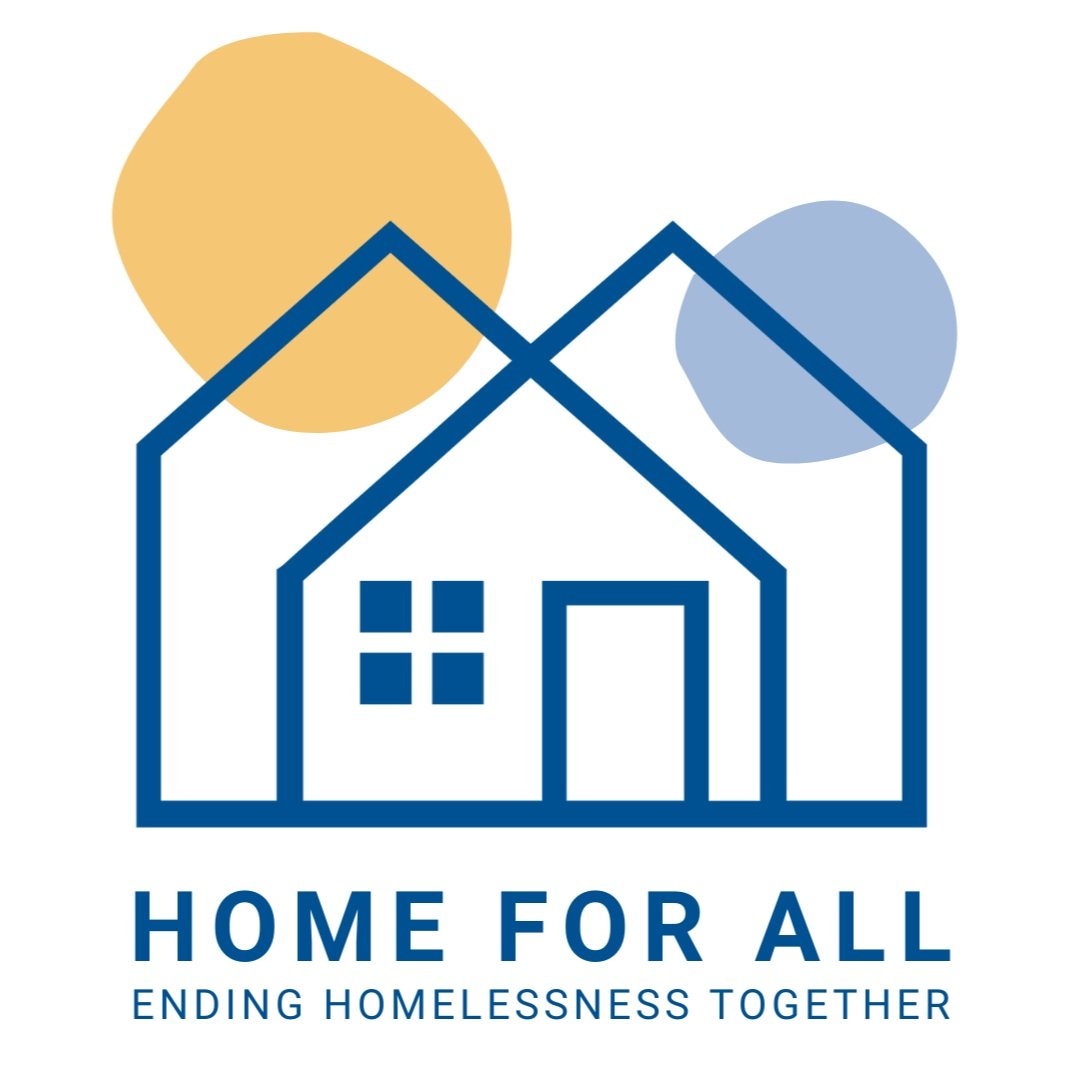Affordable Housing
According to the 2024 Residential Rental Cost Survey Report from the New Hampshire Housing Finance Authority:
In 2024, NH’s statewide median rent for a two-bedroom unit is $1,833, marking a 36% increase over the past five years.
In 2024, the adjusted median renter household income is $56,814, or about $4,735 per month, making an affordable rent for the median household $1,420.
Of the 9,292 two-bedroom rental units surveyed in this report, only 13% are considered affordable to the median renter household (i.e., no more than 30% of their household monthly income).
On NH’s Seacoast, the average rental rates for a two-bedroom unit in the region range from $1,785 in Strafford County to $2,069 in Rockingham County.
Using the affordability threshold of 30% (including utilities), a household would need to earn more than $71,400 per year in Strafford County and $82,764 in Rockingham County in order to have these rents considered affordable.
In contrast, the average household income for renters is $57,018 in Strafford County and $66,935 in Rockingham County, translating to affordable rents of $1,425 and $1,673, respectively. As a result, only 25% of rental units in these counties fall within the affordable range for households at this income level.
Nearly half of all renter households in the Seacoast region are considered “housing cost burdened” (paying more than 30% of income for rent and utilities), which disproportionately affects those with far lower or fixed incomes.
Both driving and exacerbating the housing affordability crisis, vacancy rates for two-bedroom apartments are extremely low, hovering around 0.4% in Rockingham County and 0.9% in Strafford County, according to 2023 data.
The housing shortage is creating a competitive market where potential tenants vying for available units are subject to a high level of scrutiny. This disproportionately affects individuals and families with less-than-perfect credit or those transitioning out of shelters, as the stigma of homelessness can further complicate their ability to secure housing.

